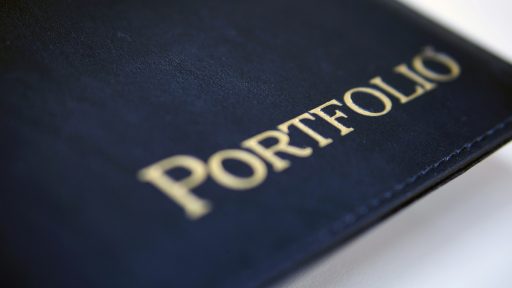- Home
- >
- Fundamental Analysis
- >
- How to pocket more of the stock market’s return

How to pocket more of the stock market’s return

The tendency of investors to underperform the stock market, even before taking mutual fund expenses into account, is well documented.
TrimTabs Investment Research, for instance, found that the average level of the Standard & Poor’s 500 in the 10 years through July 2010 was 1,171, but the average dollar invested in stock funds during that period occurred at an index level of 1,434.
A reasonable conclusion would be that investors make bad timing decisions in their purchases and sales of stock funds, so they’re better off buying and holding. But a report in the March edition of the Elliott Wave Theorist investment advisory newsletter suggests another outcome.
Matt Lampert, research director at the Socionomics Institute, an affiliate of the newsletter’s publisher, Elliott Wave International, that studies the relationship between psychological factors and financial markets, pointed out in the report that the Dow Jones Industrial Average produced an average annual return of 7.23% from 1901 through 2016, but that the annualized return available to any hypothetical investor in the market that long was just 5.22%.
The reason is an artifact of arithmetic. To get an average return of, say, 10% over five years, all you need is five annual return figures that add up to 50. The outcome that would leave you with the most money after five years is a return of exactly 10% each year. A $10,000 initial investment would become $16,105.
The wilder the swings are, the less you pocket. Say you gain 30% a year in three years and lose 20% a year in the other two. That’s still an average annual return of 10%, but your $10,000 would be worth only $3,245 because losses after good years would be bigger dollar amounts than average, and gains after bad years would be smaller dollar amounts.
In the case of the Dow, the average annual compounded return between 1901 and 2016 was 5.22%. If an investor rode one of those bicycles with the huge front wheel to his broker in 1901 and bought a Dow index fund, that’s the rate at which it would have grown for 115 years, after all the ups and downs and after dividend payments, but leaving out expenses to simplify the illustration, not 7.23%.
How much of a difference does that difference in returns produce? According to Lampert, the average final value of a $10,000 investment in the Dow over all the 30-year periods during the 115 years would have been $81,142 based on the index’s simple average annual return. Using the more realistic average annual compounded return, the figure would have been a comparatively meager $46,046.
So if you want to get around the law of averages, either lighten up on stocks during periods of historically high valuations, which have a strong correlation with weak subsequent long-term returns, or put money into funds that specialize in low-volatility stocks like this:
- S&P 500 High Dividend Low Volatility
- PowerShares S&P 500 Low Volatility
If you prefer mutual funds:
-
MFS Low Volatility Equity
- Spectrum Low Volatility
- PIMCO RAE Low Volatility PLUS
Source: Market Watch
Jr Trader Petar Milanov
 Varchev Traders
Varchev Traders Read more:
If you think, we can improve that section,
please comment. Your oppinion is imortant for us.











